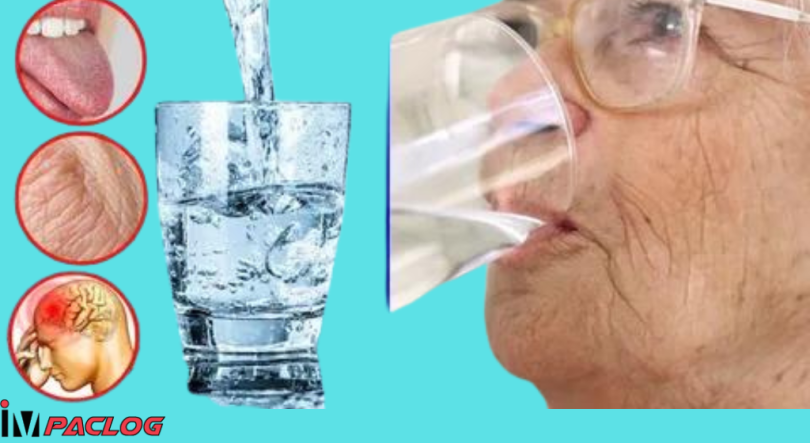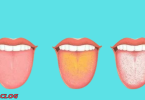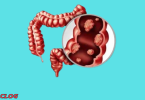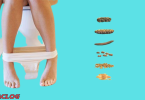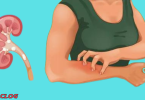Without water there would be no life! This compound is necessary to ensure the activity of our bodies. To maintain your balance, it is important to stay hydrated throughout the day. So you have to pay attention to the signals that your body sends to you when you suffer from this deficiency!
When you suffer from a lack of water, your body becomes dehydrated, which means that the body gets rid of more water than it takes in, through urine or sweat.
In the report published by the French magazine Sante Plus, writer Lawrence O asks: What happens when you do not drink a sufficient amount of water, and how do you know that your body suffers from a lack of hydration?
Here are 10 signs that you are suffering from lack of water and dehydration:
1- Dry skin
Lack of water leads to dry skin, and there is a relationship between water consumption and physiologically healthy skin.
2- Bad breath
Drinking water in small quantities leads to a decrease in saliva production, which leads to dry mouth, which is associated with the proliferation of bacteria responsible for unpleasant odors.
3- Constant headache
Drinking too little water can cause circulation problems, with low blood volume leading to headaches.
4- Dark urine
The color of urine is one of the simplest indicators of a hydration problem, and the darker the color, the more dehydrated a person is.
5- Hunger
When dehydrated, signals are sent to the brain that are often misinterpreted as we imagine we are hungry. On the other hand, drinking water regularly helps you feel full.
6- Constipation
Stool needs water to move through the intestines and pass smoothly, and dehydration makes it difficult to pass.
7- Feeling tired
Our body reacts to a lack of water by slowing down our physical efforts, in order to avoid unnecessary water consumption. This response causes a feeling of weakness.
8- Vertigo
Spitting can cause dizziness because the lack of water reduces the volume of blood flowing through the body. Some organs receive less perfusion, which may cause dizziness and thus low blood pressure.
9- Kidney pain
Inadequate water consumption complicates kidney activity and can lead to the formation of kidney stones.
10- Thirst
When you feel thirsty, it means that you are already suffering from a lack of water, so it is necessary to drink enough water beforehand to avoid thirst.
It is recommended to drink between 1.5 to 3 liters of water daily, and you should drink it before feeling thirsty. You can also rehydrate by drinking unsweetened tea and fruit juices, but limit your intake of the latter as they are high in sugar.
It is also recommended to eat foods rich in water, such as vegetables and fruits, including cucumber, watermelon, and zucchini. You can also add flavorings to the water, such as lemon.

